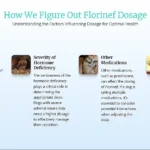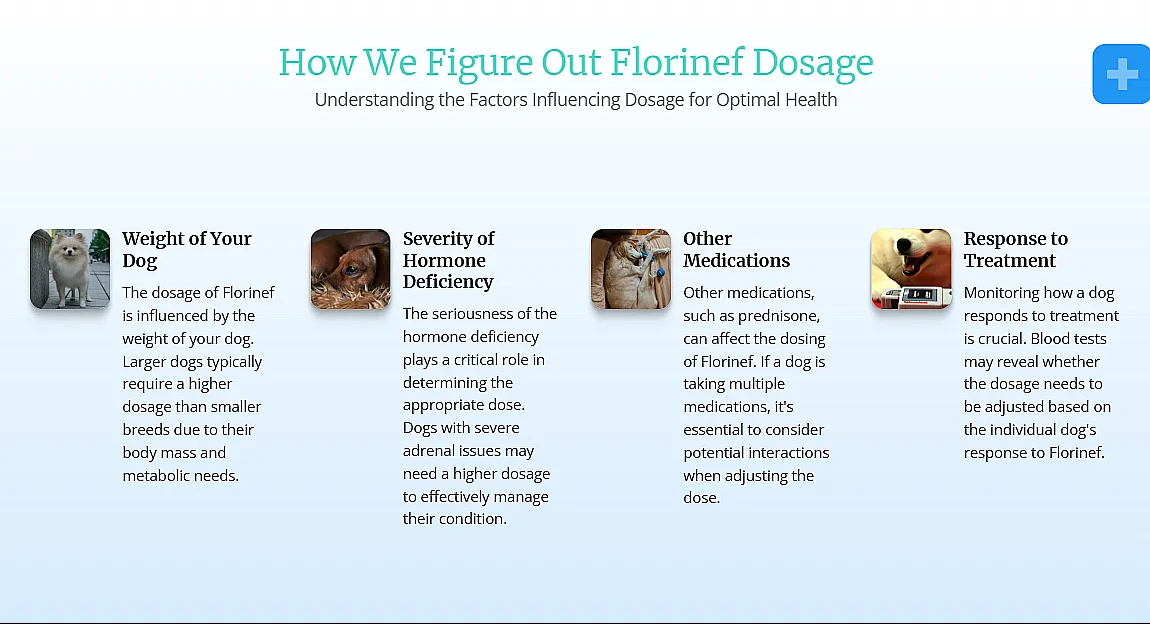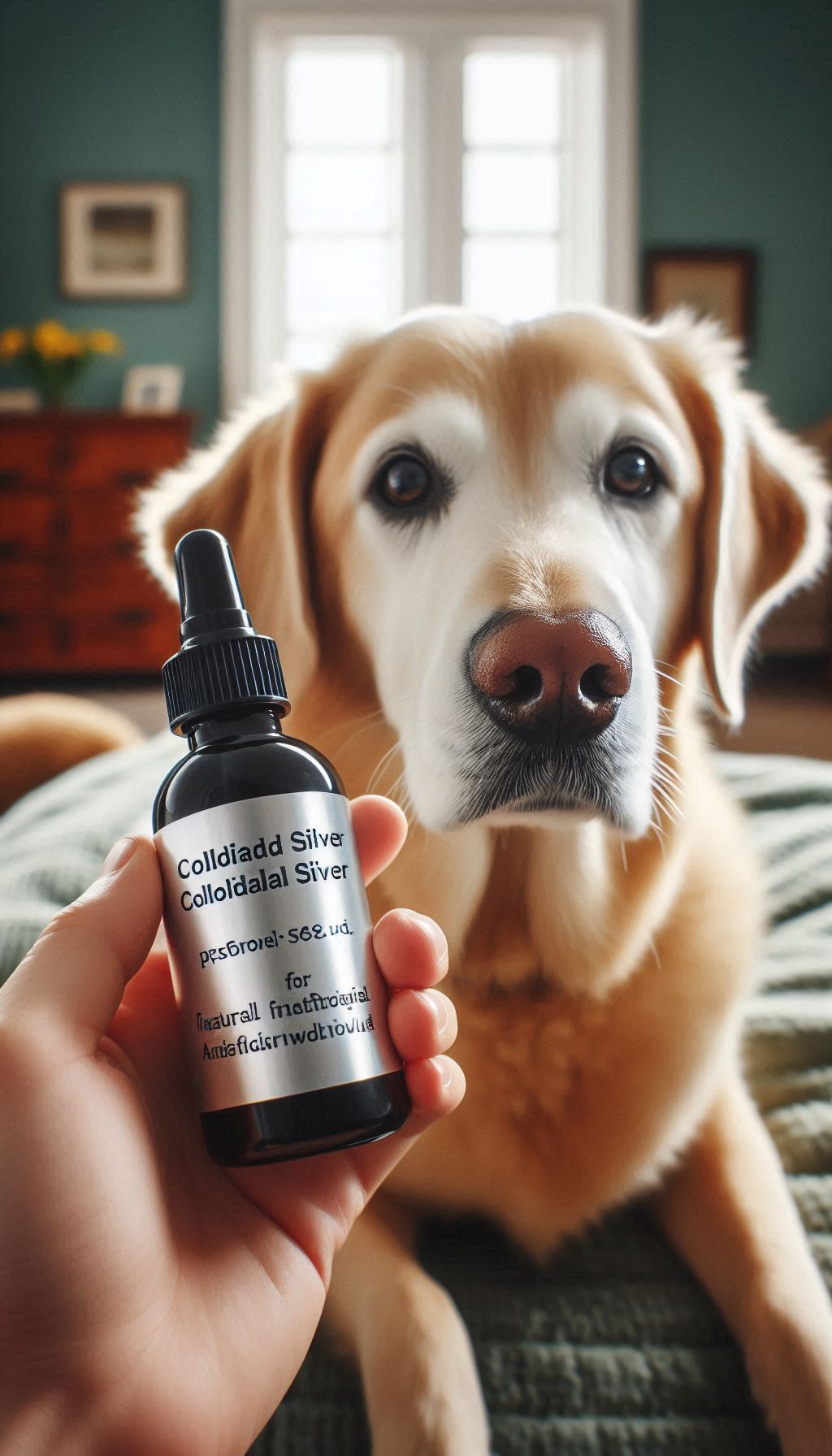We all know that sugar isn’t the healthiest thing for us humans to eat. But what about our furry friends? Can dogs eat brown sugar?
The short answer is yes, dogs can technically eat brown sugar. But just because they can, doesn’t mean they should.
Just like with people, too much sugar can lead to health problems for dogs. So while a little treat here and there won’t hurt your pup, don’t go overboard with the sweets!
What is sugar and why should you avoid giving your dog sugar?
Sugar is a simple carbohydrate that is found in many foods. It is made up of glucose and fructose, which are both natural sugars.
Although sugar is not essential for dogs, it can be harmful if consumed in large amounts.
Excessive sugar intake can lead to health problems such as obesity, diabetes, and tooth decay. According to a research 1 out of 100 dogs may suffer from diabetese in their lifetime. Dogs who consume too much sugar may also suffer from diarrhea and vomiting.
Therefore, it is best to avoid giving your dog sugar.
White Sugar vs Brown Sugar
There are two types of sugar that you might see in the grocery store: white sugar and brown sugar.
Both are made from sugar cane, but the difference between the two is in the processing. White sugar is granulated and has had all of the molasses removed, while brown sugar still contains some molasses.
So, what does this mean for your dog? Is one type of sugar better for them than the other?
Unfortunately, neither white sugar nor brown sugar is particularly good for dogs. Sugar can lead to health problems like obesity and diabetes, so it’s best to keep it out of your dog’s diet altogether.
If you do give your dog a treat that contains sugar, make sure it’s in moderation and brush their teeth afterwards to prevent tooth decay.
Should dogs eat sugar?
Sugar is fine for dogs in moderation, but too much sugar can lead to weight gain and diabetes.
The sugar content in brown sugar might be higher than in white sugar, but brown and white sugar are both sucrose, so the difference is minimal.
A single sugar cookie has about as much sugar as a pup should eat in a day, so be careful not to overdo it.
Whar are the effects of sugar on dogs
The effects of sugar on dogs have been debated. Some people think that it’s okay to feed their dog sugar in moderation, while others believe that even a small amount of sugar can be harmful.
There is no definitive answer, but there are some things to consider before feeding your dog sugar. Sugar can cause diarrhea and vomiting in dogs, and it can also lead to diabetes. Sugar is not toxic to dogs, but it can be harmful if consumed in large quantities.
If you do decide to feed your dog sugar, it’s important to choose the right type of sugar. Granulated sugar is the most harmful type of sugar for dogs, and it’s best to avoid it altogether.
Natural sugar, such as honey or molasses, is a better choice for dogs. However, sugar can also cause weight gain and tooth decay, so it’s important to feed your dog sugar in moderation.
Can dogs eat oatmeal with brown sugar?
Yes, dogs can eat oatmeal with brown sugar. Oatmeal is a healthy option for dogs, as it is a whole grain and provides essential nutrients.
However, you should avoid giving your dog too much sugar, whether it is white or brown sugar. Too much sugar is unhealthy option.
Can dogs eat sweet potatoes with brown sugar?
Yes, dogs can eat sweet potatoes with brown sugar. Sweet potatoes are a great source of vitamins A and C, as well as fiber.
The brown sugar adds a little extra sweetness and flavor that your dog is sure to love. But it should not be feed as daily basis.
Why brown sugar bad for dogs in long term?
While a little brown sugar is not likely to harm your dog, eating too much brown sugar can cause problems. Brown sugar is made from white sugar that has been molasses.
Molasses is a natural sweetener that contains vitamins and minerals, but it is also high in sugar. Eating too much brown sugar can lead to obesity and diabetes in dogs.
Giving your dog too much brown sugar can also cause diarrhea and vomiting. If your dog ate brown sugar and is now having these symptoms, call your veterinarian immediately.
Your veterinarian will want to monitor your dog’s blood sugar levels and may need to treat your dog for dehydration.
Eating too much brown sugar can also lead to other diseases in dogs such as pancreatitis. Pancreatitis is a serious condition that can be fatal if not treated promptly.
If your dog has eaten brown sugar and is now having abdominal pain, loss of appetite, vomiting, or diarrhea, call your veterinarian immediately.
Is brown sugar and cinnamon safe for dogs to eat?
Small amount of either ingredient is not likely to cause harm, it’s best to avoid feeding your dog any foods with added sugars.
Alternatives sweet treats for Dogs
If you are looking for a healthy alternative to sugary treats for your dog, there are plenty of options available. You can find dog treats made with natural sweeteners like honey or fruit juice.
You can also make your own dog treats at home using healthy ingredients like pumpkin or peanut butter. Whatever you choose, be sure that only 10% of daily calorie should come from sweet treats.
Health Benefits of Brown Sugar to Dogs
Just like human beings sugar is unhealthy for your pup too. Dogs should avoid consuming sugar whenever possible.
Sugar can cause a number of health problems in dogs
If you must give your dog sugar, do so in moderation and only as a special treat. There are much healthier options available that will provide your dog with the same level of enjoyment without the health risks.
How can I prevent my dog from getting xylitol poisoning?
The best prevention of xylitol poisoning in dogs is to avoid giving them products that contain it.
This can be difficult, as xylitol is found in many common household items, including some brands of peanut butter, chewing gum, toothpaste, and mouthwash.
Check the labels of all products in your home to see if they contain xylitol, and keep them out of reach of your dog.
If you think your dog has ingested something containing xylitol, call your veterinarian or local animal hospital immediately.
Final thought
It is not recommended to feed your dog brown sugar. While it may not be toxic, it can cause digestive issues and is not a nutritious treat for your pup. When it comes to sweets, it’s best to stick with dog-friendly options like carrots, apples, or bananas.
Faqs
-
How much brown sugar is bad for dogs?
Let put aside the quantity, I would suggest you not to give your pup sugar at any cost. Because sugar leads to many health problems.
-
What to give your dog if your dog ate brown sugar
If your dog ate brown sugar, the best thing to do is monitor them closely. Brown sugar is not toxic to dogs, but it can cause an upset stomach.
If your dog starts showing signs of distress, call your veterinarian right away.











